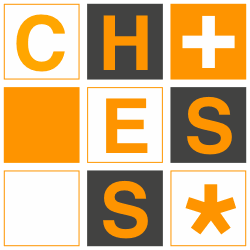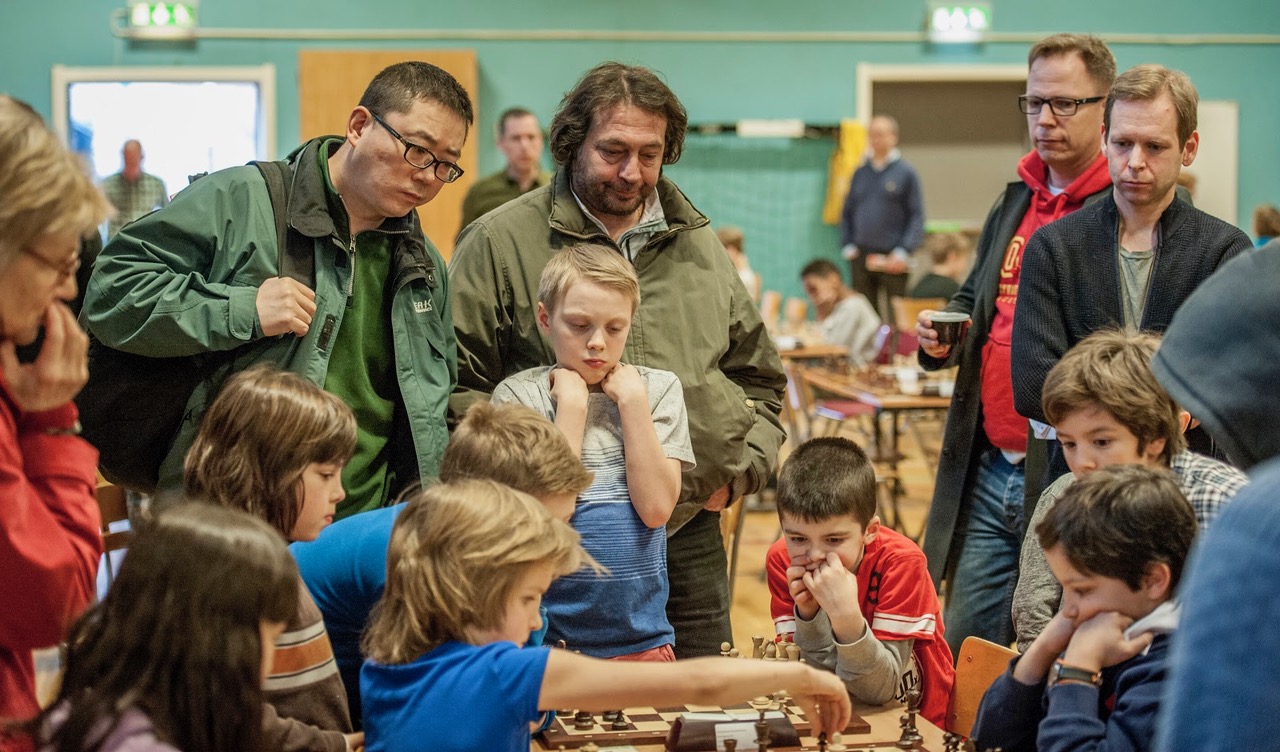Chess is a board game played by millions of people around the world. Two players enter into a battle of the mind, each intending to win. The world chess champion is feted for their intellectual prowess. There is a chess Olympiad played every two years where national teams from every country in the world compete. There are championships at every level from continental, national and regional down to local, club, school and class level. To think of chess is to think of competition and champions. School head teachers are proud when their team obtains victories against other schools. The trophy cabinets tell a story of past successes. Schools proudly boast their chess activities in their admissions brochures. According to the latest FIDE Survey, there are 15 million children taking chess lessons each week. Most of these lessons are intended to improve the chess performance of the children. Instructive exercises typically comprise solving chess puzzles involving checkmate or the capturing of material. The chess teachers are typically external tutors who are chess players shifting their career if they ever had a career other than chess.
With the rapid growth of chess in schools across the globe, some basic questions arise about the purpose of chess in schools. Is there a connection between playing chess and performing well at school? Does chess help to develop thinking skills? Is chess part of our cultural inheritance which children should be expected to absorb? Or is there something else which can justify the emergence of chess as pervasive school activity? So far the focus has been on competition. Then there is co-operation – the world needs co-operation as much as it needs competition. Perhaps there are ways in which chess can be deployed to encourage co-operation. The dichotomy between competition and co-operation may generate insights into the development of human attitudes and behaviour. There may also be psychological perspectives which deserve attention. Does chess improve concentration, problem-solving, logical analysis or abstract visualisation? Or does chess lead to obsession, becoming an addictive pastime?
This blog will examine these issues. In my job, I am responsible for the development and delivery of chess teacher training courses. These questions mean a lot to me. I want to explore the issues and will be updating this blog from time to time as I develop answers.
Want to be updated?
Like our Facebook Page or sign up to our Newsletter.

